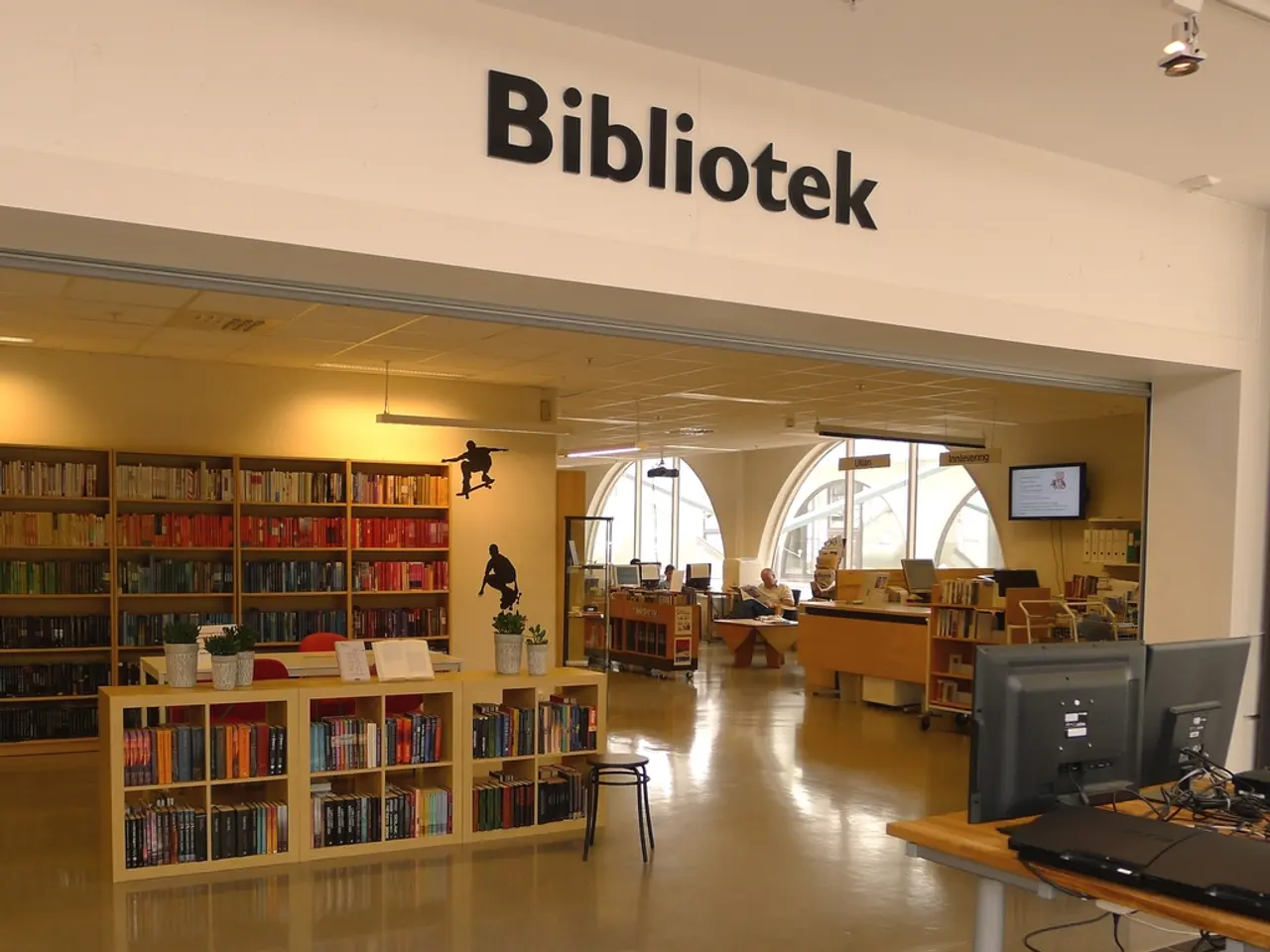Mobile phones are not prohibited in schools across MV, though certain restrictions may apply.
In a bid to promote a distraction-free learning environment, the Mecklenburg-Vorpommern Ministry of Education has issued guidelines for the use of private smartphones in schools. The recommendations, developed in consultation with student, parent, and teacher associations, aim to address concerns about distraction, computer addiction, fake news, bullying, and the uncontrolled spread of disturbing content.
According to the guidelines, private smartphones should not be used in grades one to nine during the entire school day. However, for grades ten to twelve, the use of private smartphones can be allowed within clearly defined framework conditions. This decision can be made based on pedagogically justified individual cases.
Involving students in setting school rules is part of democratic education, according to Felix Wizowsky, chairman of the state student council. Schools are encouraged to consult with students, parents, and school sponsors to discuss necessary adjustments to school regulations. The rules are more likely to be accepted and followed if they are co-created.
Many schools have already set rules for private smartphone usage and successfully implemented them. For instance, some schools have policies prohibiting the use of smartphones during class hours to minimize distractions and promote engagement. Others designate specific areas or times when students can use their phones, such as lunch breaks or between classes.
Schools often encourage the educational use of smartphones, such as for research or educational apps, under teacher supervision. Cyber safety is also emphasized by teaching students about online etiquette, privacy, and digital responsibility.
Schools are allowed to make their own rules for smartphone usage tailored to their conditions. However, they are advised to review their mobile phone policies annually or as needed to ensure they align with current educational standards and technological advancements. They should also consult with local educational authorities, such as the Ministry of Education, to ensure compliance with state or regional guidelines.
There are still gaps in device provision, especially in maintaining data networks and end devices, according to teacher association representatives. The Ministry of Education recently announced funding of €131 million between 2020 and 2025 through several funding programs to address these issues.
For digital lessons, only school devices should be used. Exceptions to the smartphone usage rules are defined as urgent family contacts or health reasons. The guidelines for proper use and clear rules are necessary, according to Minister Simone Oldenburg, to ensure a balanced use of technology and academic engagement.
Representatives of teacher associations and the state student council welcomed the agreement on the recommendations. However, there are no specific guidelines for storing smartphones, as the state would also have to cover the costs of purchasing appropriate containers. Changes to the smartphone usage rules should be made by at least March of next year.
For detailed information about the specific guidelines for the use of private smartphones in schools in Mecklenburg-Vorpommern, it would be best to contact local educational authorities or visit the official website of the Ministry of Education in Mecklenburg-Vorpommern.
With the emphasis on a distraction-free learning environment, the guidelines for smartphone usage in schools encourage a balance between technology and education. This includes the prospective use of private smartphones for educational purposes, such as research or educational apps, under teacher supervision and during specific times or areas designated by schools.
In relation to education-and-self-development, schools are supported in their efforts to promote digital literacy and responsibility by teaching students about online etiquette, privacy, and digital responsibility. Furthermore, these schools can leverage technology to foster lifestyles of continual self-improvement and learning, corresponding to the principles of technology integration in modern education.




